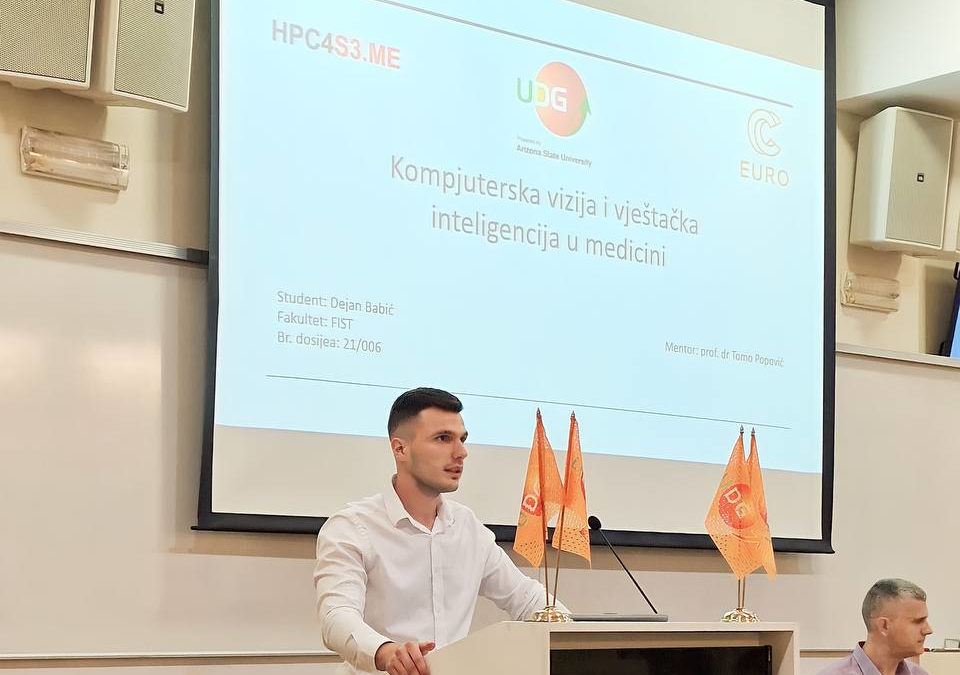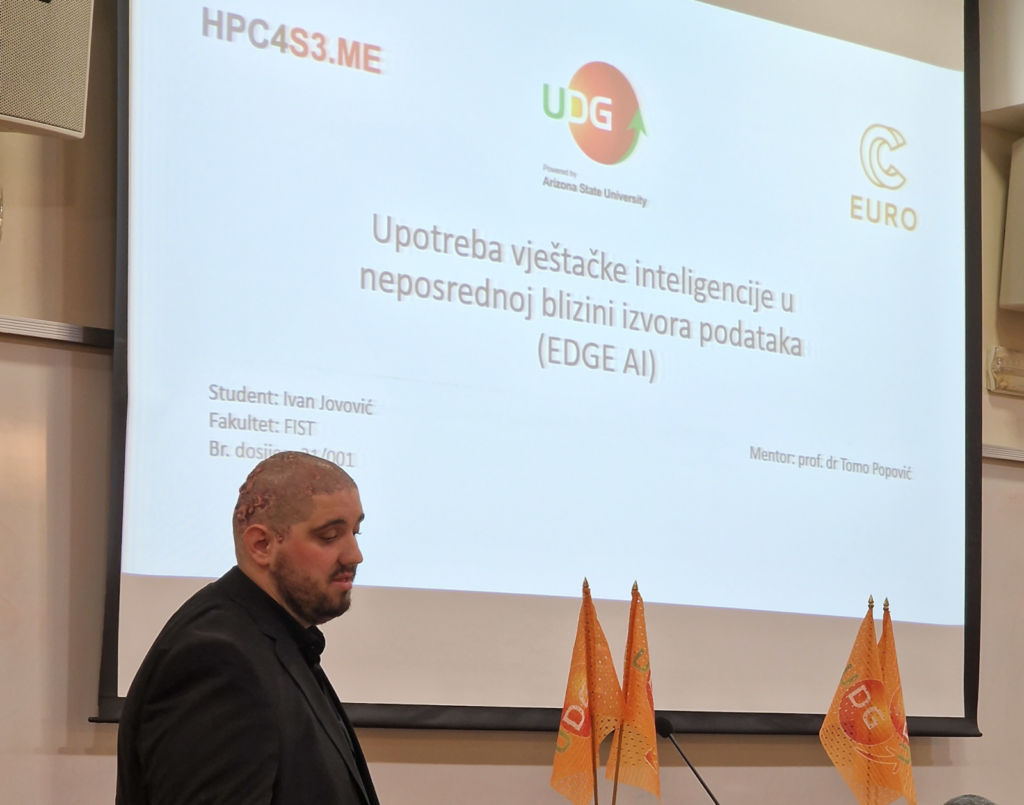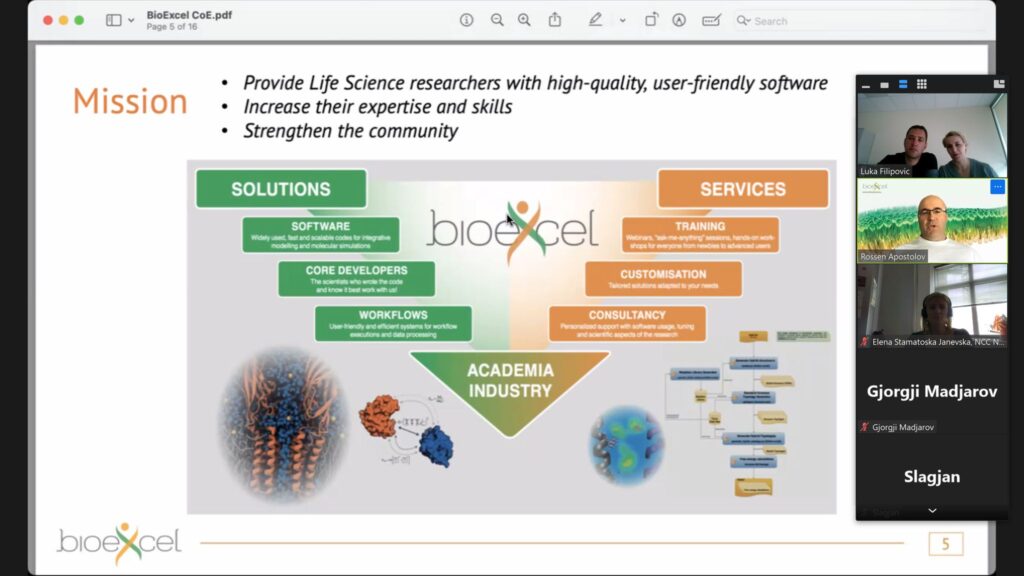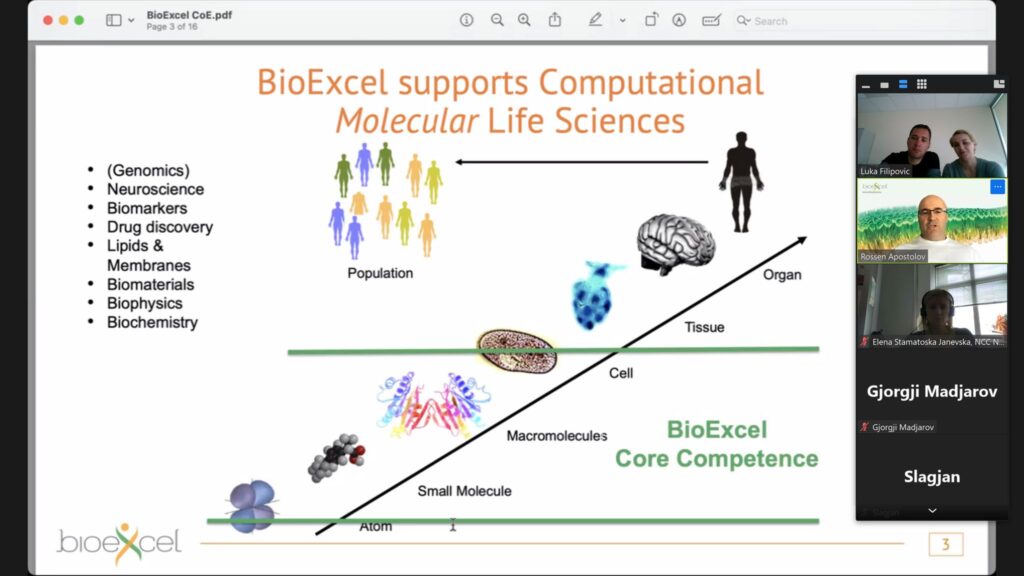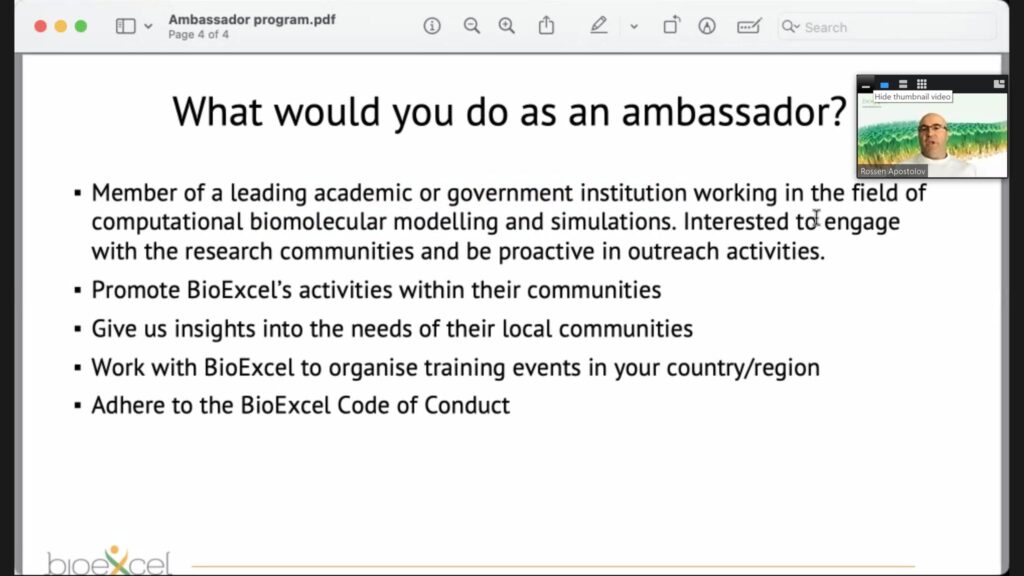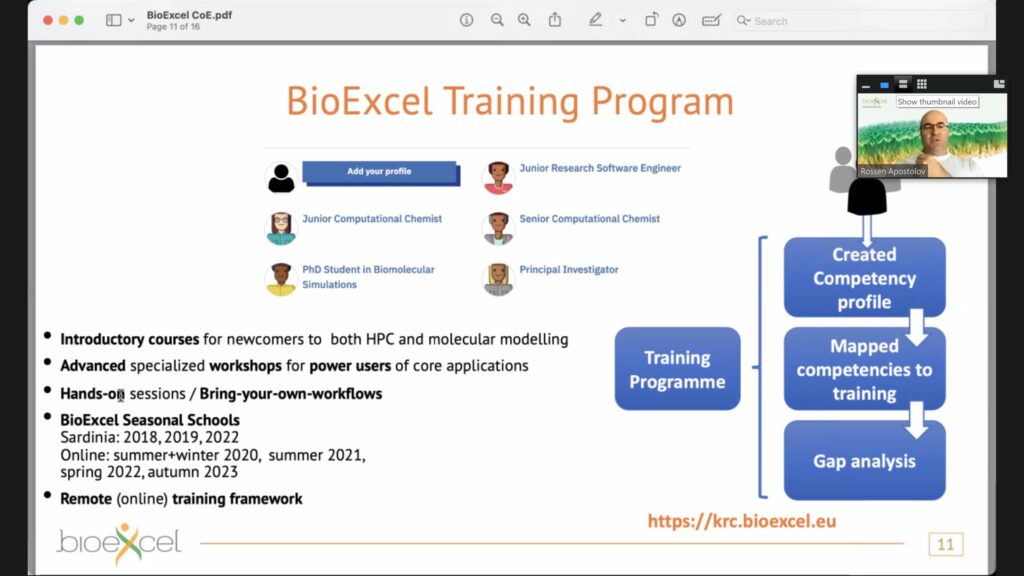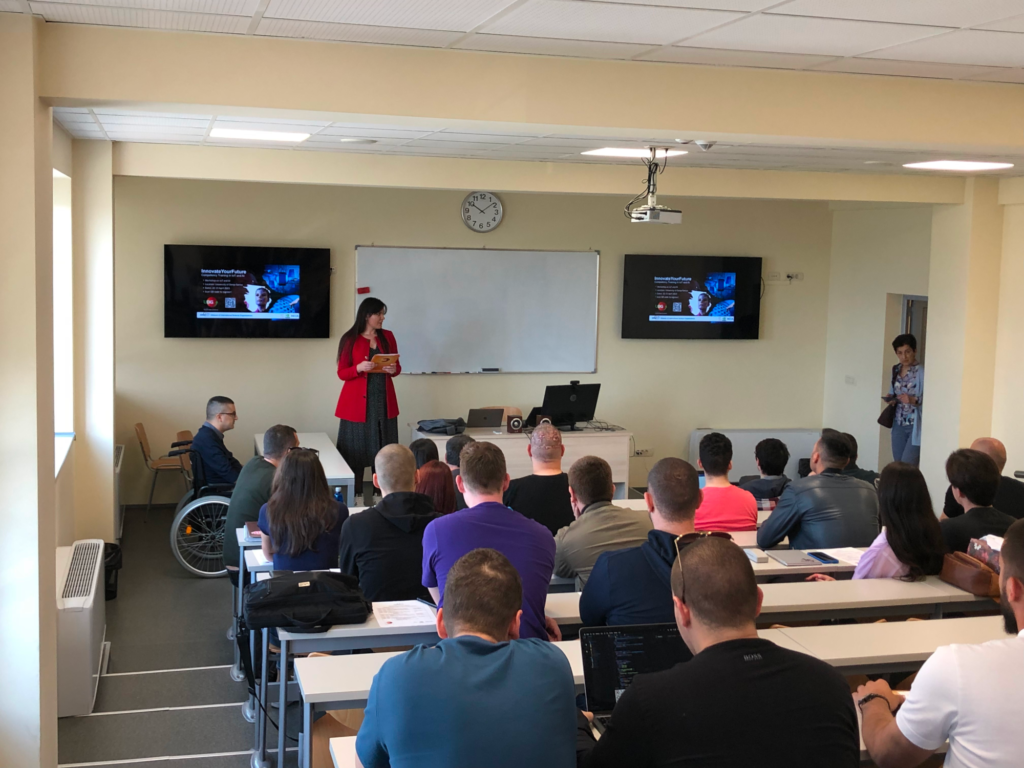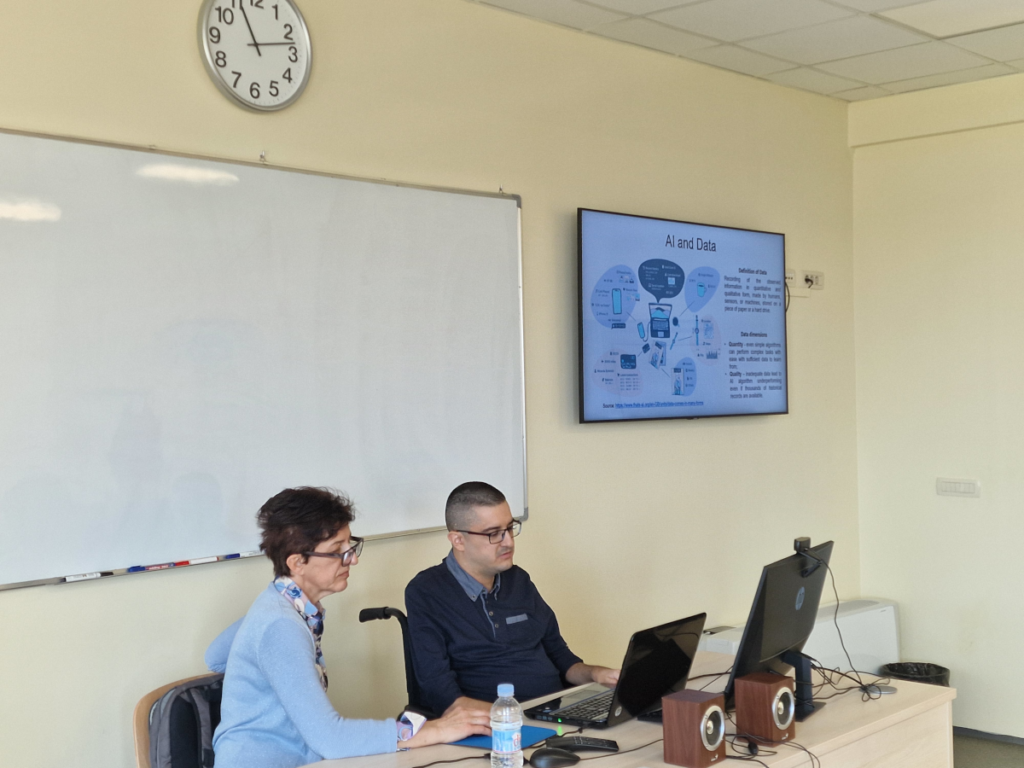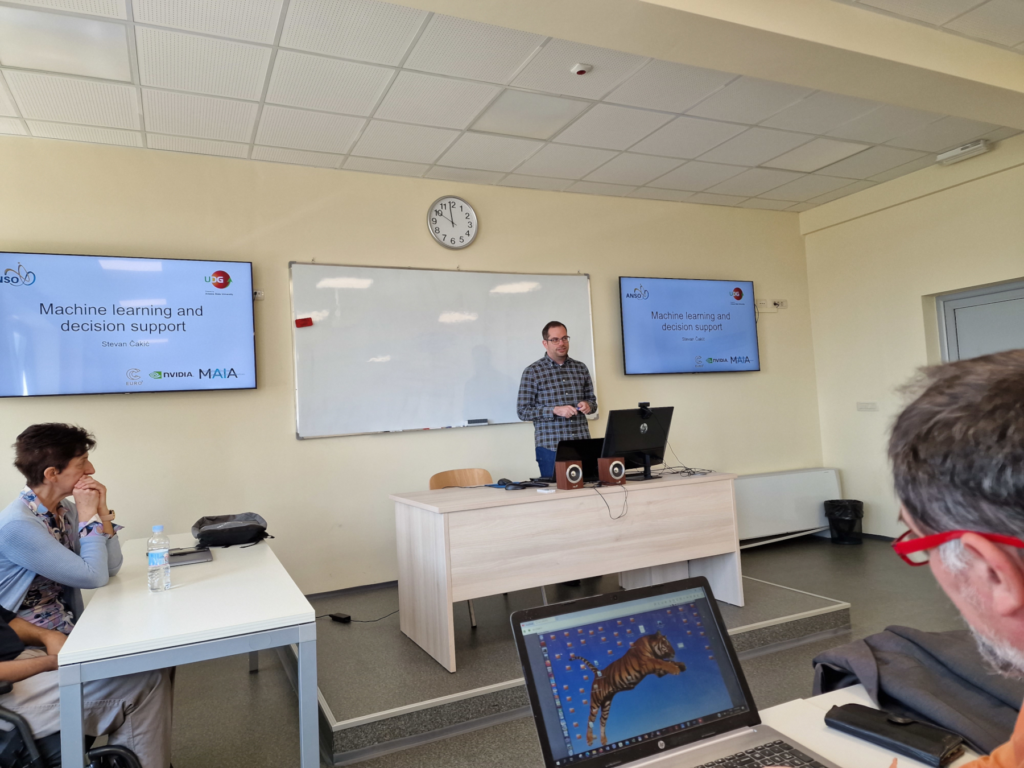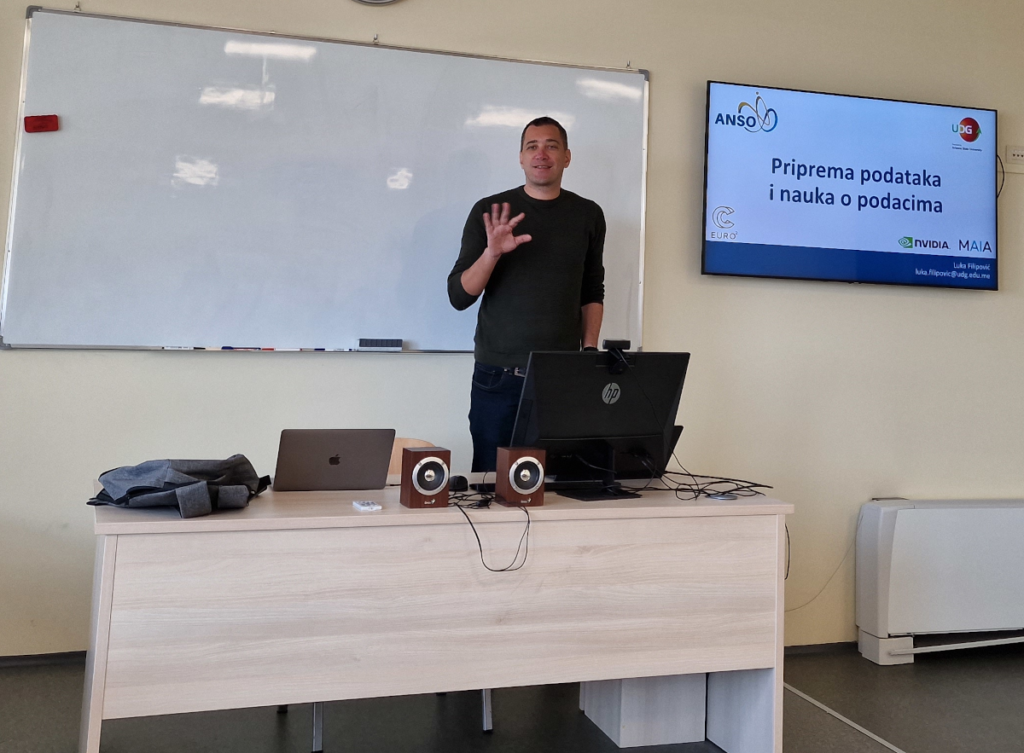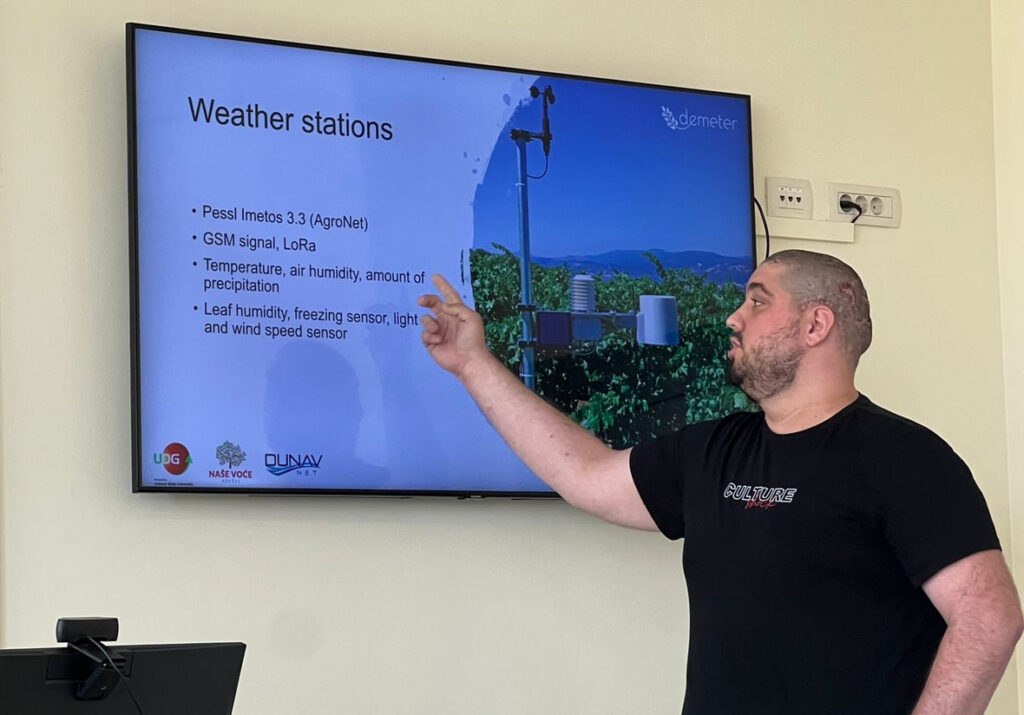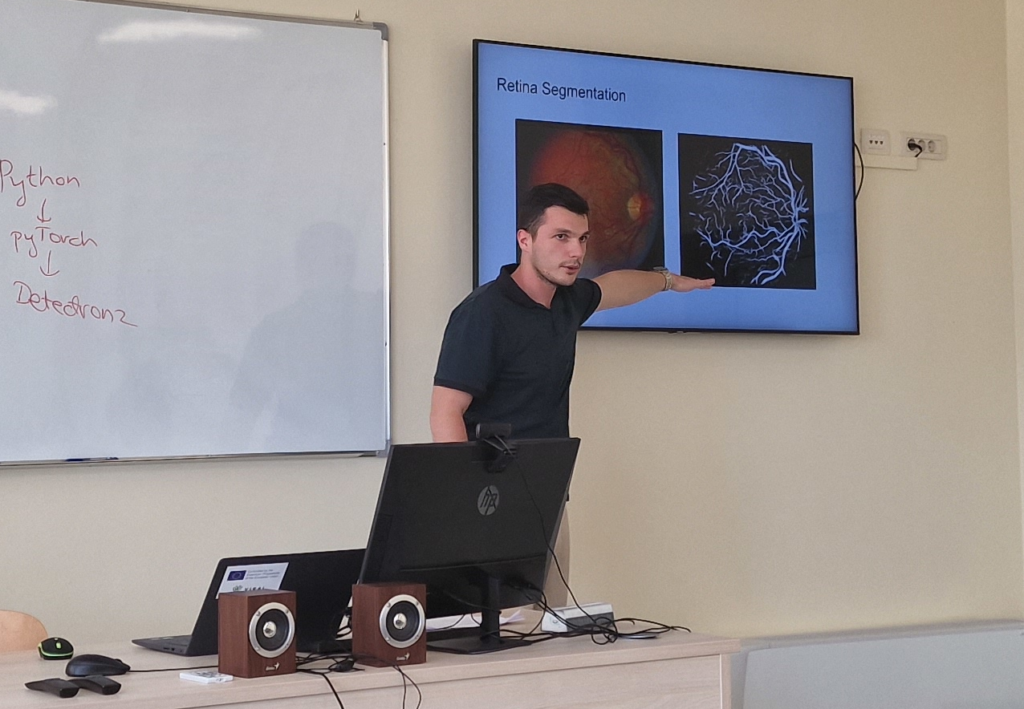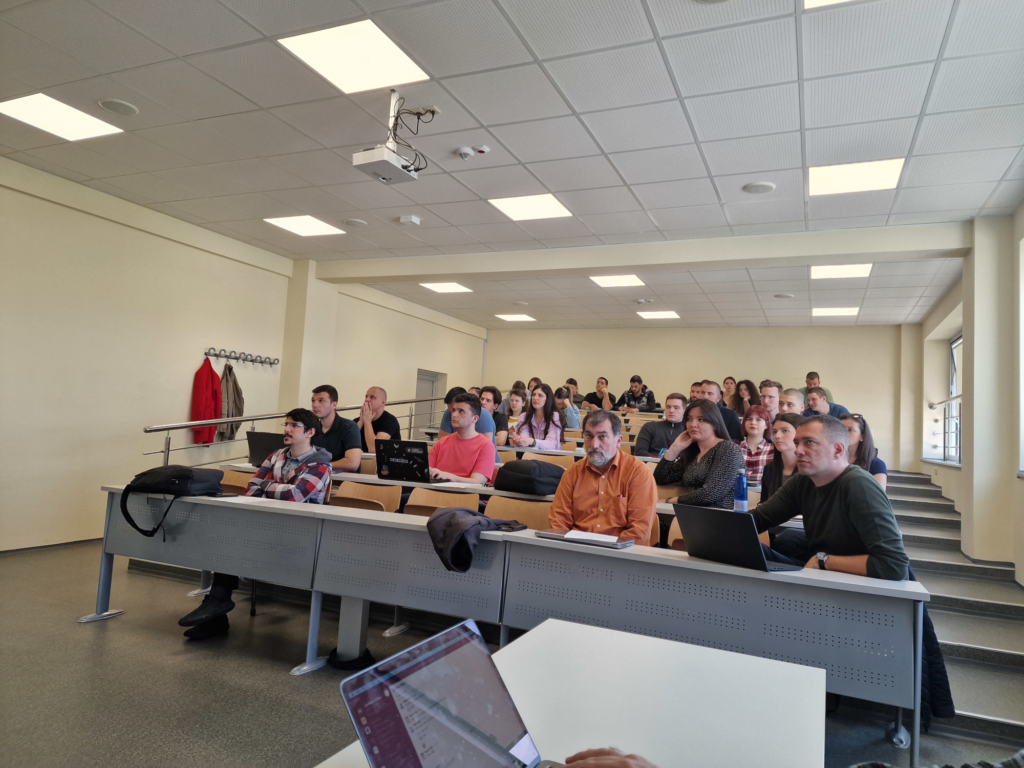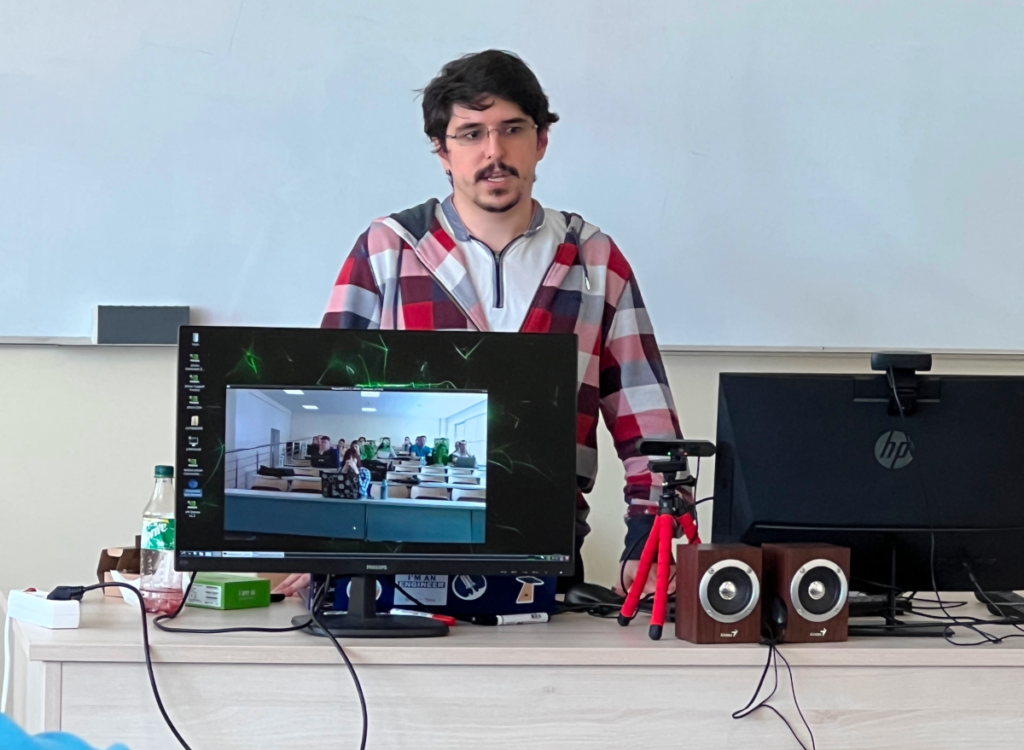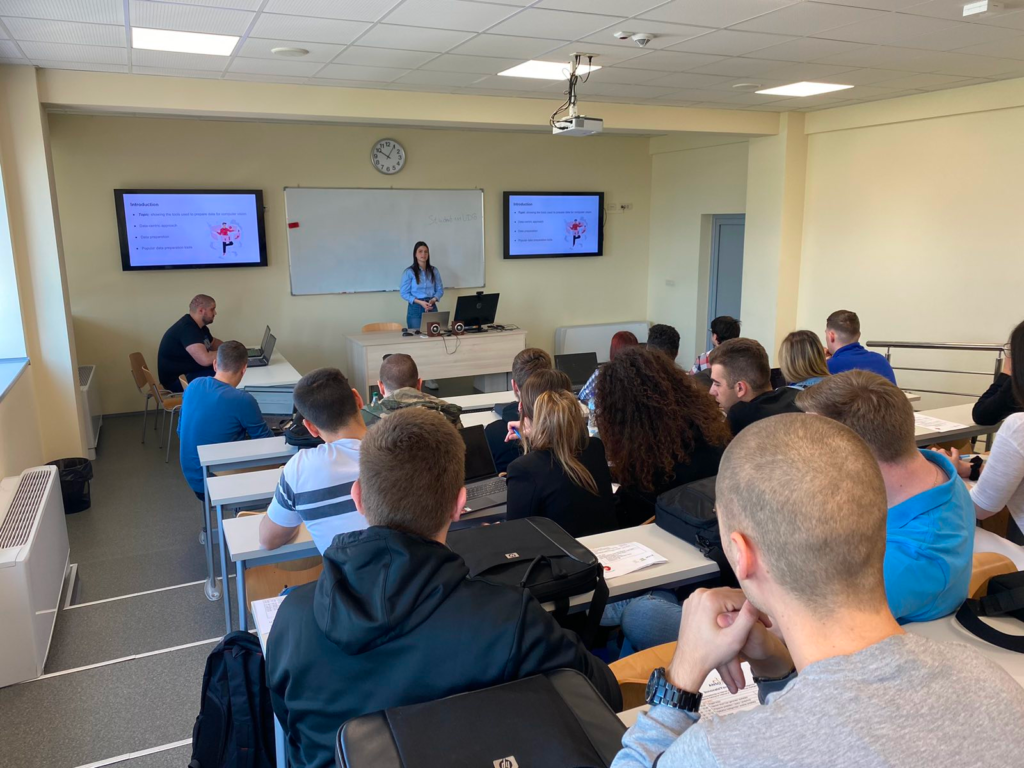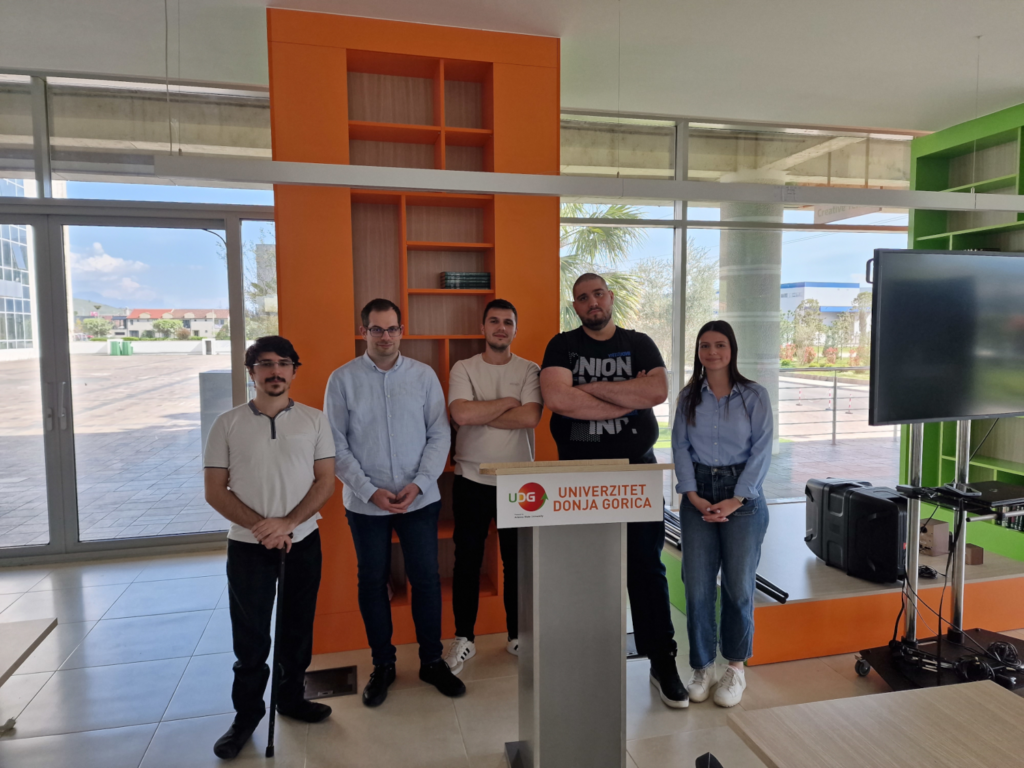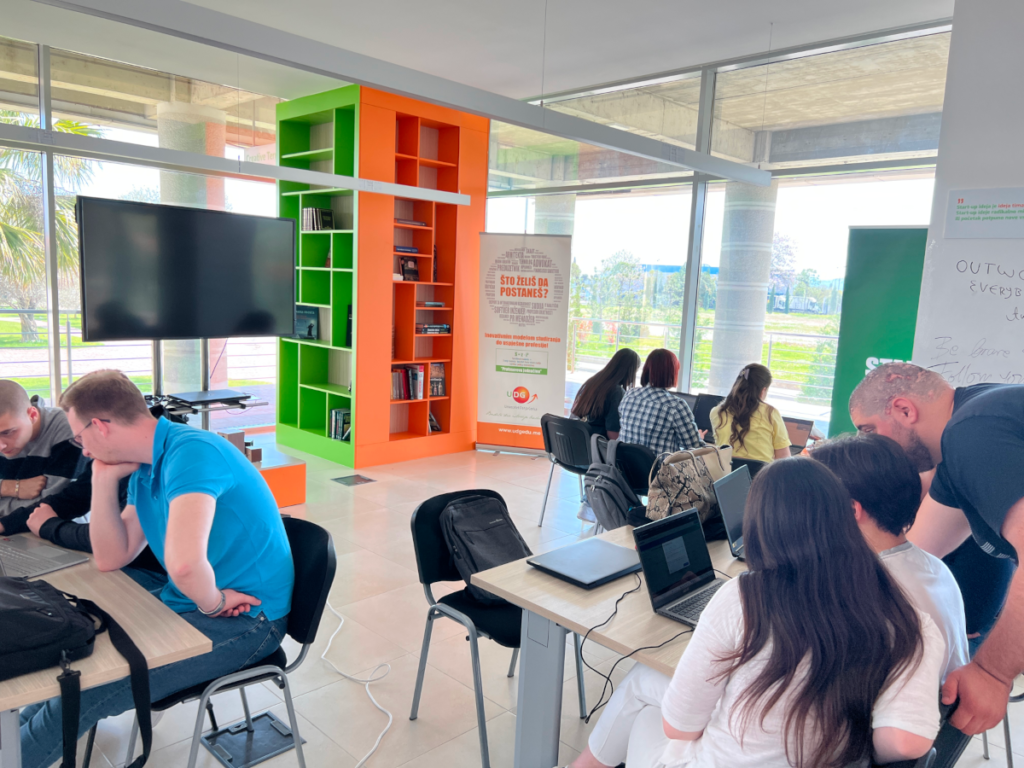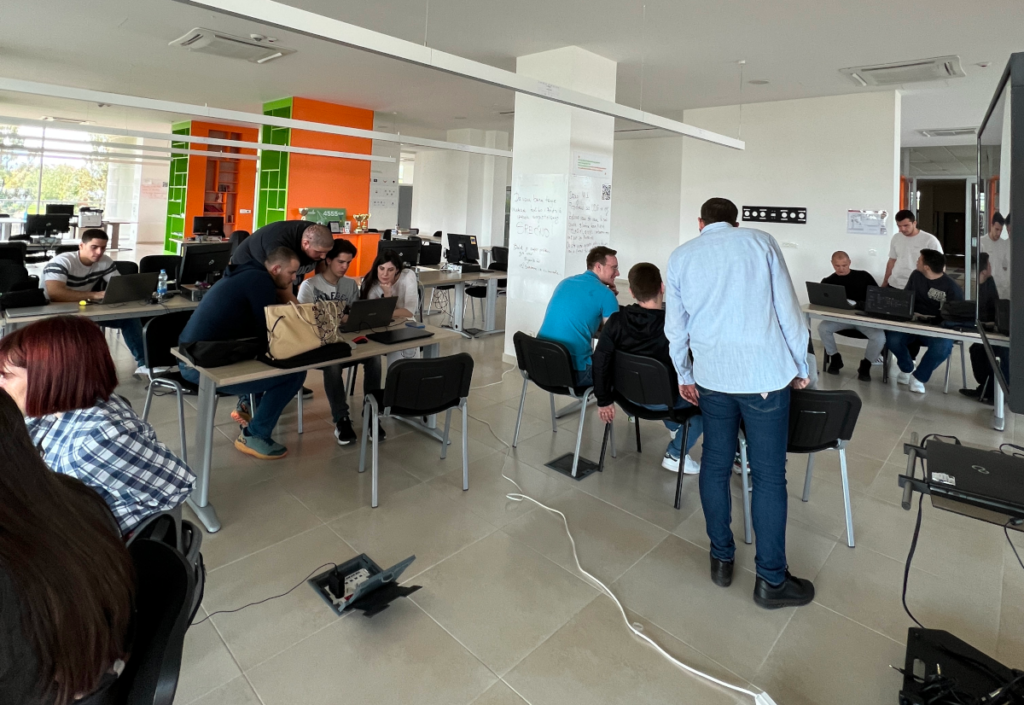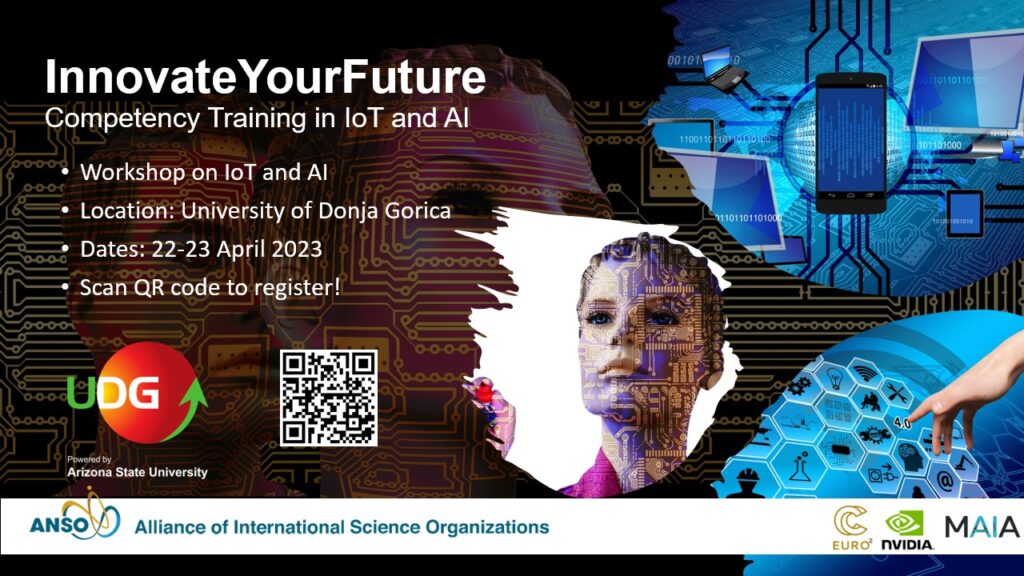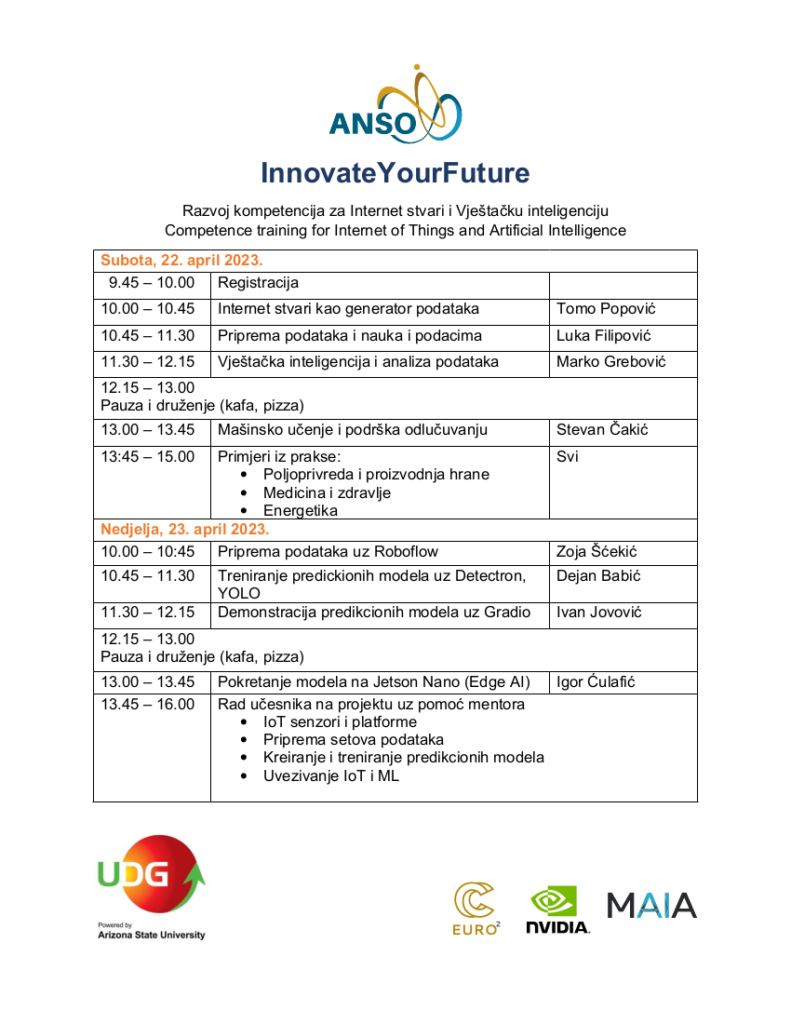The Innovation Fund of Montenegro (the Fund) publishes the list of projects approved for financing within the framework of the Public Call for encouraging the development of innovation culture and the organization of education in the areas of smart specialization. The fund allocated funds in the total amount of 130,000 euros for financing projects within two program lines according to this Public Call. The public call for the mentioned program lines was open from May 8 to June 15, 2023.
The Faculty of Information Systems and Technologies, University of Donja Gorica, proposed the educational project “Application of computer vision and deep learning in agriculture and food production, medicine and energy (AI4S3)” which was highly evaluated and approved for funding. This project focuses on training participants for the application of AI in the priority domains of the Smart Specialization Strategy of Montenegro (S3 Montenegro). This project is continuation of UDG and NCC Montenegro efforts to offer best education and training for HPC, AI and IT in general to Montenegrin stakeholders. The training will take place from October to December 2023.

24 projects were submitted to the public call for the program line to encourage the development of innovative culture, of which 21 projects were sent for evaluation, while 35 projects were registered for the program line for the organization of education in the areas of smart specialization in Montenegro, of which 32 projects were sent for evaluation conducted by the Fund’s expert committee, in accordance with the Rulebook on the evaluation process. More info available at the following link.



